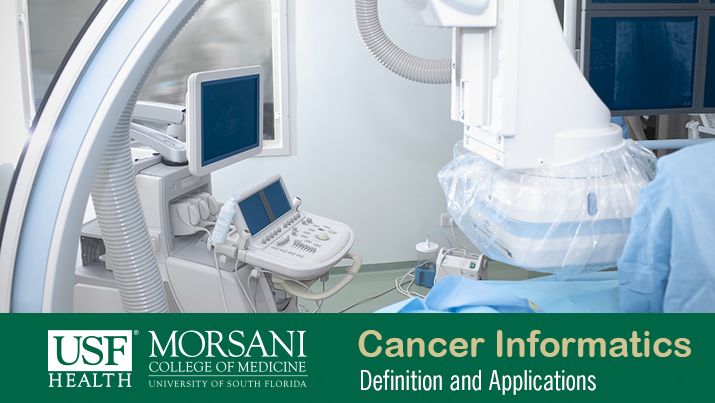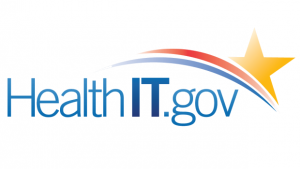Countless lives have been touched by cancer, either directly or through a family member or friend. About 1.5 million Americans are diagnosed with cancer every year, and about 600,000 die from it. The numbers aren’t decreasing. The fight against cancer is being fought on many fronts, from preventative diets to cutting-edge but drastic treatments. Information technology plays a key role in fighting cancer through a growing field called cancer informatics.
What is Cancer Informatics?
Cancer informatics is where information science, computer science and health care intersect. It’s about acquiring, storing and using information about cancer most thoroughly and efficiently. Its tools include computers, clinical guidelines, and information and communication systems.
One key facet of cancer informatics is cancer surveillance informatics, the gathering and synthesizing of data about cancer in ways such as analyzing captured data, gathering evidence from clinical trials, applying information into clinical practice, evaluating outcomes of changes in clinical practice, and generating new hypotheses for investigation.
How the National Cancer Informatics Program Fosters Collaboration
The National Cancer Institute is at the center of developments in the field, through its National Cancer Informatics Program. Among its key programs is the NCIP Hub (nciphub.org). The hub aims to foster scientific collaboration and to allow physicians and researchers to share resources. Content includes seminar presentations, publications, training materials, tools, and bookmarks to useful sites and information, as well as discussions about the information.
The NCIP also includes genomics cloud pilots to help the researchers access and analyze high-quality, large-scale cancer genomic data and clinical information.
For health IT professionals. The NCIP hosts an open-source hub (github.com/NCIP) that lets developers access and modify the code for applications they use, and contribute their modifications back to the primary repository so other developers can further enhance them.
How the CDC Advances the Automation of Cancer Registration
Another organization at the forefront of cancer informatics is the Center for Disease Control and Prevention (CDC) and its National Program of Cancer Registries-Advancing E-cancer Reporting and Registry Operations (NPCR-AERRO). Its goal is to advance automation of cancer registration by developing a set of cancer surveillance models, requirements and products that identify and describe consistent processes and data reporting standards. It encompasses products, infrastructure and implementation guidelines supporting electronic reporting from data sources.
In effect, it’s a collaborative clearinghouse for the most current information that hospitals and research institutes around the country can use in their work.
The National Cancer Policy Board’s Role in Improving Cancer Care Quality
The Institute of Medicine’s National Cancer Policy Board (NCPB) recently proposed a new approach to improving cancer care quality through the creation of a “rapid-learning system for cancer care.” The system will help physicians deliver the most up-to-date care by using advances in information technology to collect and compile data automatically from clinical practice, disease registries and clinical trials, and other sources. Data routinely generated through patient care and clinical research will feed into the main database. The “rapid-learning” comes from the healthcare system being able to keep itself constantly informed of the most current research, strategies and information.
Cancer informatics is a broad field, getting deeper and more complex as medical research and information technology progress. The field is all about collaboration, not just among physicians and researchers but between doctors and health IT professionals.




